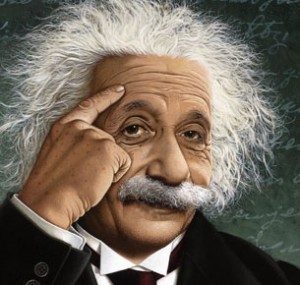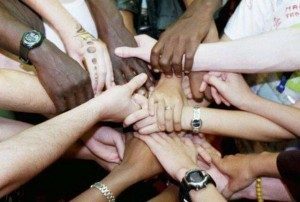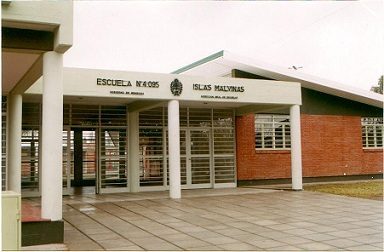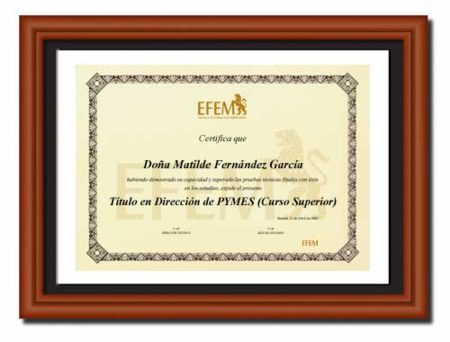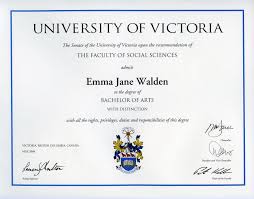 Mathematics is a theoretical discipline and, therefore, in itself is nothing more than an instrument that can potentially be applied to all kinds of spheres and fields.
Mathematics is a theoretical discipline and, therefore, in itself is nothing more than an instrument that can potentially be applied to all kinds of spheres and fields.
Already in ancient times, Egyptian mathematicians found several concrete applications to mathematical knowledge (for example, to geometry or algebra). By knowing how to measure, they could already calculate a correct distribution of the land after the periodic floods of the Nile River. They could also make calculations to build the pyramids. This knowledge came to the Greeks, who used mathematics in architecture, in the knowledge of the position of the stars or in relation to urbanism or geography.
A universal language
Among the Greeks, it was the Pythagoreans who conceived mathematics as the language that is applicable to any field, since everything can be measured and calculated. Something very similar happened with the Romans, who projected mathematics towards civil and military engineering. The Arabs also knew how to see mathematics as a valid discipline for construction, agriculture or art.
Some areas of applied mathematics
Doctors use mathematical data, especially algorithms, to apply them in epidemiology or immunology, in the frequency of the genotype or in the diagnostic instruments for some medical tests (for example, to perform an electrocardiogram).
In computer science, mathematics is an essential tool (numerical calculation or algorithms for the design of computer programs).
 In the world of art, mathematics is present in many ways, as we must not forget that the different geometric shapes are used in painting, sculpture or in the architectural design of a building.
In the world of art, mathematics is present in many ways, as we must not forget that the different geometric shapes are used in painting, sculpture or in the architectural design of a building.
Mathematics in daily life
Life in general has aspects that we can only know with strictly mathematical information. Let us think of an election in any country, for which it is necessary to carry out a series of calculations (on the percentage of votes, estimates, opinion polls ...).
The check digits of personal documents are organized with mathematical criteria and formulas.
If someone spends his money in a game of chance and wants to know the chances of hitting he will need to know the laws of probability. Something very similar happens with some leisure activities (hobbies or games), in which the player's strategy depends on certain arithmetic operations. It is obvious to say that in everyday life we need to carry out a whole series of operations to solve situations (of banking activity, as clients in an establishment or in the simple planning of our personal economy.
In short, it is difficult to find a context in which it is not possible to apply mathematics.



